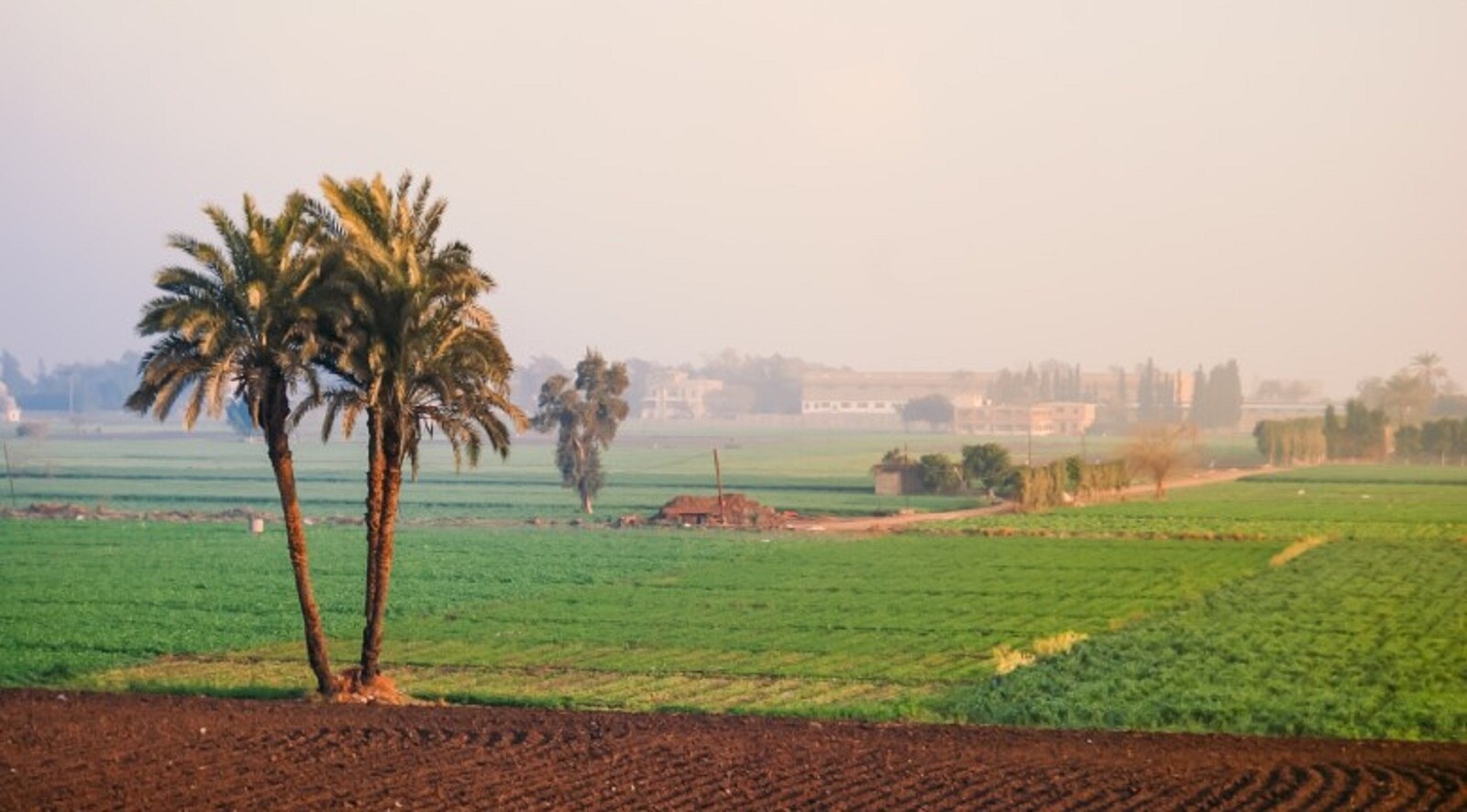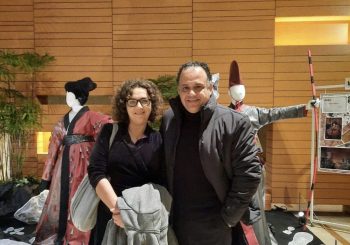There are certain childhood memories that can feel far removed from our own identity and reality, and the only way we can try to reconnect with them is through the heart; the nostalgic feelings, the grief over the loss of a family member, and the regret of not doing enough to stay in contact.
As I grow older, the seeds of my childhood memories in Upper Egypt grow more dry, with little to no water to keep them alive. Clinging to fragmented moments and memories, I struggle to find any use or benefit to continue holding on to this part of my identity.
Before my family moved to Cairo, Beni Suef was our own little village of calm tranquility. I knew the name of every street vendor in our street, every neighbor, and the man that offered me free horse carriage rides every weekend by the Nile. It was not an ordinary morning if I did not hear the old fashioned radio station sound effects coming from the living room, and seeing my grandmother prepare breakfast as she hums and sways to the tunes of Abdel Halim Hafez and El-Sheikh Imam.
Yet after many years of living far from Egypt, it has become more difficult to feel a tangible connection with these memories, and more importantly, with my own rural roots.
Whenever I catch a glimpse of large acres of farmland from the plane, I hope to come back again and honor the rural heritage of my grandparents. Rural populations are full of potential, ambition and capacity of turning the richness of their land into bounties for their children and families, and this can definitely be achieved faster with the investment and support of people from all around Egypt.
The growing need to strengthen the rural economy means that more pathways can be created for young professionals to feel more connected to rural areas and communities, and develop a sense of responsibility to rebuild them.
Here are three simple ways to help young Egyptians reconnect with their rural roots:
Keep an organized and stored photo collection of rural life
One of the ways my mother would help my sister and me connect with our rural roots was that every now and then, she would share with us her photo collection, stored inside a little box. She would also recount and narrate old memories with her family.
Printed photographs can be a valuable and tangible connection to older generations; capturing the style and aura of a certain era, which helps people to visualize the authentic image of rural Egypt. It can also open the door to conversations about family stories, history and heritage.
Photo collections can also be paired up with a caption or a written card that narrates the who, what, where, when, and why, to give it historical context. This can turn it into something that is more than just a photo collection, but a visual tale of the old memories.
Set up an initiative for rural communities
One of the strongest ways to form a connection is through action, and while everyone’s lives are already busy, there are still innumerable ways to support others without having to launch a start-up.
There is the inspiring story of Leena El Samra, who started her own fundraising campaign to bring a medical convoy to Bedouin communities in one of the most remote regions of the Sinai. Teaming up with the Ibrahim A. Badran Charitable Foundation, her campaign helped doctors conduct 667 examinations, make 28 referrals for further care, and perform a minor operation.
There are various examples around the world of teachers volunteering to teach kids in rural areas, particularly following the COVID-19 pandemic that led to a rise in digital learning. Offering tutoring lessons for students that need extra support can be one of the ways to create impact and build bridges between urban and rural communities.
Music, food and art
From community festivals and food markets, rural communities are fond of gatherings and loud celebrations.
To rediscover this culture, there is a list of Egyptian films that one can watch to learn more about rural culture and their day-to-day lives. One popular film is Al-Ard (The Land 1969), which is based on a popular novel by Abdel Rahman al-Sharqawi, and narrates the historical societal relationship between rural populations and those holding authority, particularly the landlords, in the 1930s. This film continues to be relevant today, as the state’s relationship with rural Egypt and farmers is usually strained by a breakdown in communication and conflicts around land management.
Music is another powerful way to feel immersed in another culture. The folk music of Upper Egypt, which carries a distinguished sound through the tabla baladi (double layer drum), can be discovered through a list of artists on Folk Cloud. It offers a diversity of sounds, ranging from Sufi music to the traditional tunes of El Tanboura Band – known as the custodians of Egypt’s oldest folk melodies.
All in all, nothing compares to touching the ground of the agricultural fields, and seeing more vividly the heart of Egypt through the warm colors of the sun, the Nile, and the farms.
While Cairo speaks through its thriving urban culture, Upper Egypt speaks through its flowing waters in canals.







Comments (0)